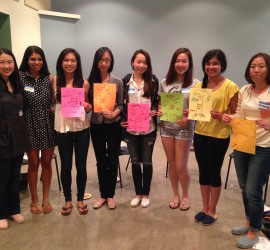Disability Incarcerated: A Symposium
A symposium and gathering that responds to the recent book of that title, bringing together the editors and other scholars, students, activists, and community members to map the intersections of policing, imprisonment, and the disabled body. The event seeks to step into the conspicuous void within critiques of the “prison industrial complex” – namely the absence of discussion of disability oppression, despite the disproportionate representation of people with disabilities within prisons and gated institutions. Free and open to the public.







